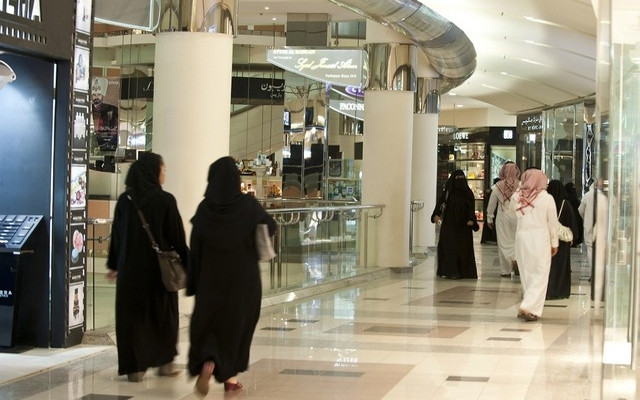In April 2016, the government of Saudi Arabia announced it would no longer allow religious police, or the hay’a (commission), to request information from suspects or arrest civilians. The Committee for the Promotion of Virtue and Prevention of Vice (CPVPV) has now been instructed to report suspects of moral infractions to security forces and must have the police present in order to make an arrest. Among the most common types of violations for which the CPVPV can report are gender segregation, improper dress, and public expression.
These moral crimes disproportionately affect women, who are oftentimes publicly scolded for their appearance or association. In 2008, the United Nations Special Rapporteur on Violence Against Women reported that the CPVPV are “responsible for serious human rights abuses in harassing, threating and arresting women who ‘deviate from accepted norms.’” Numerous accounts, many of them videotaped, show CPVPV harassing women for the way they dress or a suspected violation of gender-mixing that is generally forbidden under country’s strict guardianship system.
Women of religious and ethnic minority groups bear the brunt of harassment. In February 2009, members of the CPVPV reportedly followed an all-female group of Shia pilgrims to a gravesite and violated their privacy during religious ceremonies by videotaping them. This event led to protests and arrests of the Shia community calling for accountability for CPVPV violations. Further, there are cases of sexual harassment by CPVPV. In February 2008, members of the hay’a forced a migrant woman to undress in front of them so they could strip-search her. They then took her clothes, wiped the floor with them, and forced her to redress in the soiled fabric.
Not only is CPVPV public harassment of women disturbing – it is fatal. In December 2006, a member of the CPVPV abducted a mother and her daughter after suspecting them of “promiscuity” with their male driver. The CPVPV locked the mother and her daughter in the trunk of their car and left them. Saudi forces arrested the driver, and he later died in custody from torture. In March 2002, a Girls’ school in Mecca caught fire. As female students began to evacuate the building, members of the CPVPV were on scene actively preventing the girls from escape. Reports indicate the reason CPVPV barred the girls’ escape was their unveiled hair, since many left their scarves behind in the rush to save their lives. 15 girls died and over 40 girls were seriously injured.
The announcement of a curbing of powers falls short of true reform to reign in the CPVPV. The hay’a are under the administration of the Ministry of Interior, and embody approximately 15,000 members. Hundreds of CPVPV members are unregulated volunteers and the group that Saudi government officials claim commit violations of overstepping authority. Moreover, the CPVPV have never technically had the authority to arrest civilians without police presence. So despite the recent announcement, lack of accountability and unclear codification of rules allow for CPVPV members to continue to breach guidelines.
While safe spaces for women are few already, the CPVPV perpetuate further shrinkage of public zones where women can enjoy a sense of comfort. The curbing of powers on members of the CPVPV is a step in the right direction toward easing arbitrary detentions. Yet, the immense social pressure on women to conform to an all-male moral police’s interpretation of religious code has not been eased.
Erin Sigmon is an Advocacy Fellow for ADHRB.





